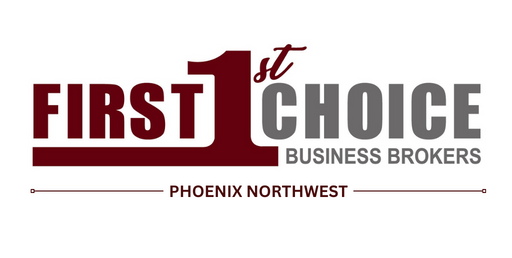Business Brokerage vs. M&A Advisory: What’s the Difference?

When it comes to buying or selling a business, two key professional services come into play: business brokerage and mergers and acquisitions (M&A) advisory. While these roles share similarities, they cater to different market segments and require distinct approaches. Understanding the differences can help business owners choose the right professional to guide their transaction.
Market Segments Served
- Business Brokers typically serve small to mid-sized businesses, usually valued between $50,000 and $5 million. These businesses range from local retail stores and service providers to small manufacturing firms.
- M&A Advisors focus on middle-market and large transactions, generally involving businesses valued above $5 million. Their clients include corporations, private equity groups, and high-net-worth individuals pursuing strategic acquisitions or divestitures.
Scope of Services
Business Brokers provide a range of services aimed at facilitating the sale of small businesses:
- Preparing businesses for sale
- Valuation assistance
- Marketing the business to potential buyers
- Screening and qualifying buyers
- Managing negotiations and coordinating the closing process
M&A Advisors offer more complex services tailored to larger transactions:
- Comprehensive business valuations and financial modeling
- Strategic market positioning
- Identifying and engaging potential acquirers or targets
- Structuring and negotiating sophisticated deal terms
- Coordinating due diligence and legal documentation
Transaction Complexity
- Business Brokerage transactions are generally straightforward, focusing on selling entire businesses to owner-operators or individual buyers. These transactions often involve asset sales rather than stock sales.
- M&A Advisory deals are more intricate, frequently involving partial ownership sales, mergers, or stock purchases. Advisors navigate complex financial structures, legal considerations, and strategic partnerships.
Buyer and Seller Profiles
- Business Brokers work with buyers who are typically entrepreneurs, first-time business owners, or individual investors. Sellers are usually small business owners looking to retire or move on to new ventures.
- M&A Advisors engage with sophisticated investors, corporate buyers, and private equity firms. Sellers often include corporate entities or entrepreneurs seeking strategic exits or growth capital.
Compensation Models
- Business Brokers earn commissions based on the final sale price, typically ranging from 5% to 12% depending on the deal size.
- M&A Advisors receive a combination of retainers, success fees, and sometimes hourly fees. Success fees are often calculated using the Lehman or Double Lehman formula, a tiered structure based on transaction value.
Regulatory and Licensing Requirements
- Business brokers may be required to hold specific licenses, depending on the jurisdiction, such as real estate or securities licenses.
- M&A advisors working on stock transactions or raising capital may need to be licensed investment bankers or affiliated with broker-dealer firms to comply with securities regulations.
Choosing the Right Professional
Selecting between a business broker and an M&A advisor depends on your business size, transaction complexity, and strategic goals:
- For smaller businesses (under $5 million), a business broker offers comprehensive, cost-effective support.
- For larger transactions involving complex financial and legal structures, an M&A advisor provides the specialized expertise needed to optimize outcomes.
Conclusion
Both business brokers and M&A advisors play vital roles in facilitating successful business transactions, but their approaches, clientele, and services differ significantly. By understanding these distinctions, business owners can select the right professional to maximize value and ensure a smooth transaction experience.

Get in Touch:
First Choice Business Brokerage Phoenix
📍 21640 N 19th Ave Suite C9, Phoenix, AZ 85027
📞 (623) 888-6190
More Blogs For You





